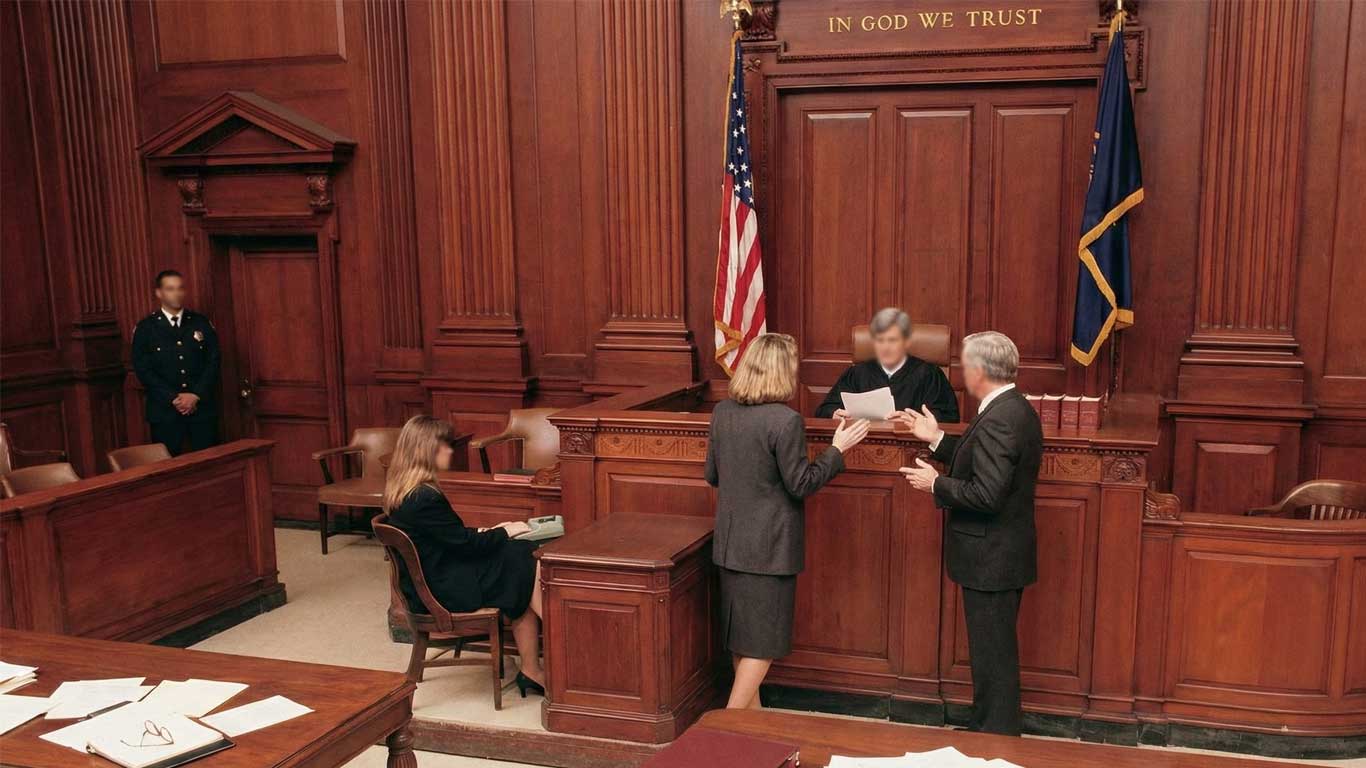
Ray Lee Cockrell has been found guilty of injury to a child by omission after his pit bulls attacked a visiting grandchild, Nathan Smith. The incident occurred when the dogs left Cockrell’s property and encountered Nathan in the woods. The Bowie County jury delivered a guilty verdict and sentenced Cockrell to thirty-five years in prison.
The Legal Background
The case has a somewhat complex legal history. Initially, the court of appeals reviewed the case and determined that the injury to a child charge required either a parent-child relationship or a statutory duty to act. Since Cockrell did not have a parent-child relationship with Nathan, the court examined whether a specific Texas law regarding dangerous dogs, Section 822.042 of the Texas Health and Safety Code, could impose a statutory duty. The court initially decided that this law did not explicitly state that failing to comply with it was a criminal offense, and therefore, it couldn’t be used to create criminal liability in this case.
However, the Texas Court of Criminal Appeals reviewed this decision and reversed it. The higher court reasoned that because Section 822.042 uses the word “shall” before listing the requirements for owners of dangerous dogs, it imposes a mandatory duty. This meant that Cockrell *did* have a legal duty to control his dogs under this statute. As a result, the case was sent back to the court of appeals for further review.
The Court’s Findings on Remand
On remand, the court of appeals addressed several issues. First, they concluded that the indictment against Cockrell properly alleged an offense. The indictment stated that Cockrell caused serious bodily injury to Nathan by failing to take the necessary precautions to control his dangerous dogs, as required by Section 822.042.
The court also found that there was sufficient evidence to support the jury’s guilty verdict. They reviewed the evidence in a light most favorable to the prosecution, considering whether a reasonable jury could have found the essential elements of the offense beyond a reasonable doubt. The court noted that Cockrell was aware his dogs were dangerous, citing previous incidents where the dogs had attacked people. The court concluded that Cockrell knew with reasonable certainty that failing to restrain his dogs could lead to serious injury, thus fulfilling the “knowing” mental state required for the crime.
Addressing Other Arguments
Cockrell also raised concerns about the trial court’s jury instructions, specifically regarding the wording of the law cited. The jury charge incorrectly used the word “Chapter” instead of “Section” when referring to the relevant part of the Texas Health and Safety Code. The court acknowledged the error but determined it did not significantly impact the outcome of the trial. Since Cockrell did not object to the charge at the time, the court found that the error did not cause egregious harm.
The Concurring Opinion
Chief Justice Stevens’ concurring opinion focused on the legal concept of “mens rea,” or the required mental state for committing a crime. The concurring opinion clarified the meaning of “knowingly” in the context of this case. The concurring judge explained that the evidence presented supported the conclusion that Cockrell was aware his failure to control his dogs made it “reasonably certain” that a child could be seriously injured. The concurring judge stated that in light of the Texas Court of Criminal Appeals’ decision, the evidence was sufficient for a guilty verdict.
The Outcome
Ultimately, the court affirmed the trial court’s judgment, upholding Cockrell’s conviction.